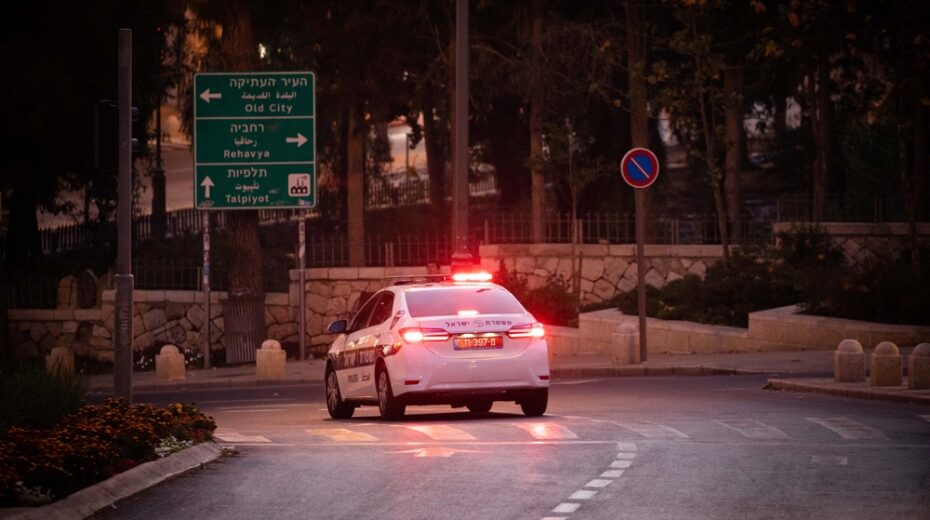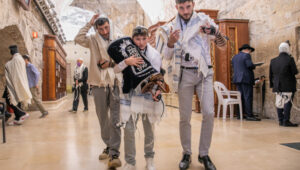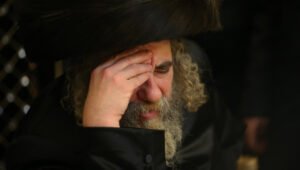We made it (just) through the commemoration of the Jewish New Year at home, without family, friends or festivity, and this weekend as we prepare for the holiest day of the Jewish calendar, Yom Kippur, protestors (and some rioters), are cramming the streets of Jerusalem and Tel Aviv. The government has decided to tighten restrictions across the country, and except for emergencies and essential travel, we’ll be confined to a single kilometer from our homes for the next weeks, if people decide to abide by the rules.
All of this is certainly cause for our prayers during these Ten Days of Awe. One thing, at least, is certain in these unsettling times, that no matter what happens in this “clash of crowns,” the King of Kings will eventually prevail.
Yom Kippur begins Sunday evening at sunset and most Israelis will fast until Monday sunset during what is being called a “national lockdown.” Traditionally, this has been a time to recall our deeds over the past year, seek God’s forgiveness where we have gone wrong, and make fresh commitments to do better. This year, we need to add to the list of our sins that we have not come together as a nation to fight the crisis. Instead of working together we are blaming others, criticizing without constructive assistance, and playing politics with people’s lives.
This year we would do well to remember how Aaron the High Priest prepared himself before entering the Holy of Holies on this critical day to pray for and atone (cover) the nation’s iniquities. It is recorded in the Torah that he began by praying and making atonement for himself and his own family first.
Here is a lesson too obvious to ignore. Looking at the faults of others is not helping. Criticizing while sitting on the sidelines only makes matters worse. If we are not willing to take a good hard look at ourselves, our own failures, and successes, and begin to turn back (repent) from where we have gone astray, why would we think we can correct others? Healing our communities, nation or the world is no small task, but surely it can only begin when each one of us is willing to begin with ourselves. “Saving the world begins by saving oneself,” is the way our High Priest leads us.
Jonah, too, leaves us with an important lesson for these unpredictable times. Like the High Priest, he also carried a heavy task – to convince Nineveh, a pagan and mortal enemy, to change their ways and start living a better, moral life. But unlike Aaron, Jonah, whose name means “dove,” tries to fly away from his responsibility.
But God finds the AWOL prophet, even inside a fish at the bottom of the sea, and puts him back up on the solid ground of his mission. Being thrown into deep waters frightens the pagan sailors into casting their idols overboard and acknowledging the One True God. Eventually, even the king and peoples of Nineveh reverse their evil course.
Like each one of us, Aaron and Jonah are quite different in the way they respond to their responsibility. Like us, each has their part to play. We may be stuck in our isolated capsules, but we too must choose how to respond. Will we try to ignore the problems, or face them head on? Will we look for ways to grow and mature, or stagnate, wither away and complain? The existential threat of Corona on this Kippur cries out for us to find within ourselves a way forward that will lead to a better future for ourselves, an exodus out our isolation, and a path toward the freedom of unity for our nation.
When all is said and done, whether we are locked-down or locked-up, all paths are open before us. Which one will we take? That, dear reader, is for each and every one of us to choose.















